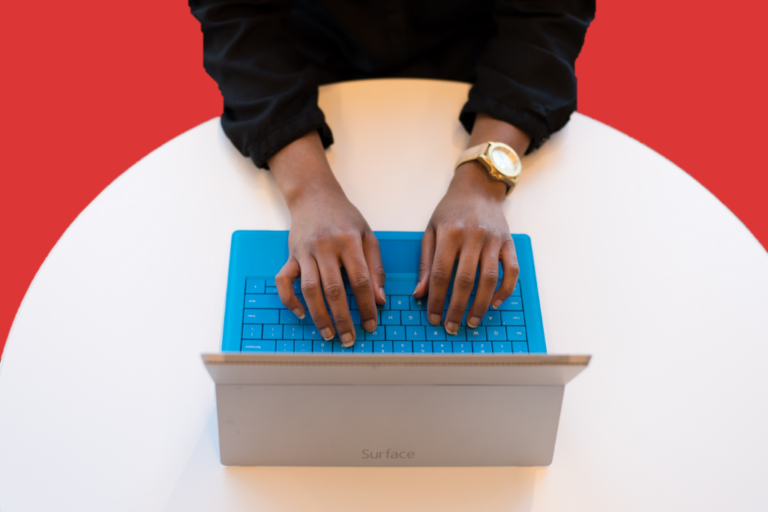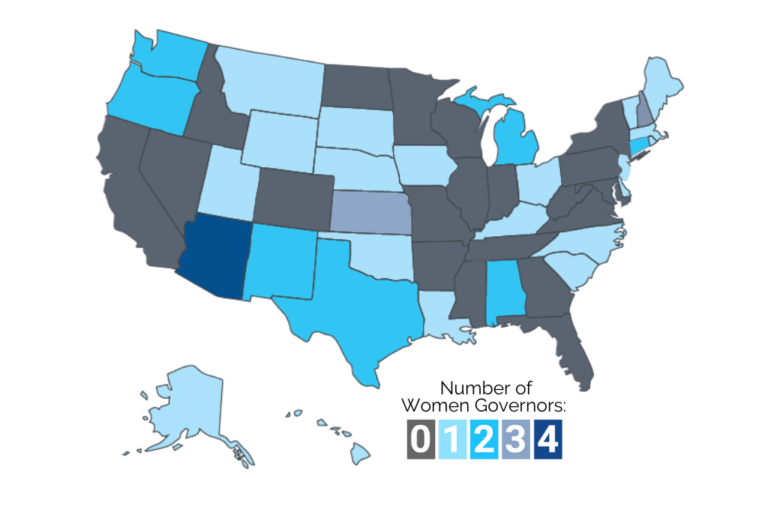Black women are woefully underrepresented across all levels of government - check out the…
Black Women’s Political Leadership: Behind the Numbers

For all the challenges for women running for public office, it’s even more challenging when you are woman of color, specifically a Black woman. This was much of the frustration vented last week when Senator Kamala Harris abruptly bowed out of the race for the Democratic nomination for President. It was a sad end for a campaign that debuted to much fanfare and a healthy influx on cash on the same date another Black woman had become the first woman to declare her candidacy for the Democratic nomination back in 1972: Shirley Chisholm.
Those who keep an eye on presidential campaign dynamics would say there were a few reasons Kamala’s came to an end sooner than expected, and all of them could be true, but it doesn’t negate the larger issue: it is still harder for Black women to run for and get elected to public office. As a Black woman who has been a candidate for office, a campaign staffer, trainer and consultant to other candidates, I can attest to these continuing challenges while running.
Black women make up just 4% of Congress, 2% of statewide elective executives, and 1% of state legislators. The numbers are slightly better when you look at mayors: Of the 100 largest U.S. cities, seven have Black women mayors.
While only a small percentage of Black women get elected, it’s certainly not because of our lack of interest in running. Black women have engaged in politics in the United States for over 150 years, trying to protect their families and their communities by securing a seat at the table. Political savvy has often been a matter of life or death for a community that has overcome slavery, voter disenfranchisement, predatory lending, education inequity, and police brutality, to name just a few ongoing issues important to many Black people.
As a result, Black women are known in their communities for their commitment to service, whether at church, in the schools, at a community organization, or in their local political parties—sometimes all four. They don’t just go to vote for themselves, but they also ensure their family and friends go to vote.
These are all ideal starting points for an aspiring candidate, so why don’t they translate into more even more Black women elected leaders? For more information about the barriers Black women face on the campaign trail, click here.






